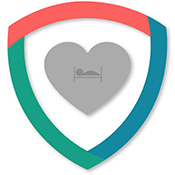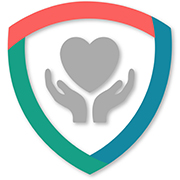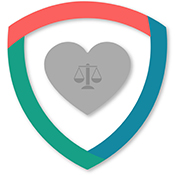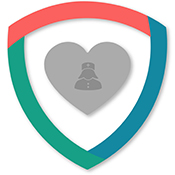 You have found the home-care provider or facility you want to help with the care of your aging loved one, but how does one pay for this? If your loved one doesn’t have long-term health insurance, things can get expensive very quickly. This government website answers the many confusing questions involved with the financial end of providing care.
You have found the home-care provider or facility you want to help with the care of your aging loved one, but how does one pay for this? If your loved one doesn’t have long-term health insurance, things can get expensive very quickly. This government website answers the many confusing questions involved with the financial end of providing care.
Included in this link is a search engine for finding facility care, home care, and just about anything else you can think of provided in this resource. The fact that it is not a private industry that receives pay for recommendations is a good way to double check on what’s available to your family to care for your loved one.
 If your life is wrapped up in the challenges of caring for a loved one with Alzheimer’s, you can’t help but think, “Is this going to be me one day? Am I at risk for this disease?” It can be pretty darn scary.
If your life is wrapped up in the challenges of caring for a loved one with Alzheimer’s, you can’t help but think, “Is this going to be me one day? Am I at risk for this disease?” It can be pretty darn scary. This
This  One of the most difficult situations to deal with when caring for a loved one with a brain disease such as dementia, is when the patient cannot clearly communicate his/her wants and needs. Even when we have provided the necessary home-care or nursing care for their safety, we worry how their emotional safety and if their needs are being met. How can our loved ones communicate needs, interests and desires when they can’t clearly communicate?
One of the most difficult situations to deal with when caring for a loved one with a brain disease such as dementia, is when the patient cannot clearly communicate his/her wants and needs. Even when we have provided the necessary home-care or nursing care for their safety, we worry how their emotional safety and if their needs are being met. How can our loved ones communicate needs, interests and desires when they can’t clearly communicate? Being a caregiver for chronically ill patient can take its toll on Givers of Care. In fact, we often just avoid thinking about it because even that adds to the stress. Doing your homework on combating stress will benefit you and your loved one. If we don’t take care of ourselves, who will? And if we don’t take care of ourselves, then our loved ones suffer as well.
Being a caregiver for chronically ill patient can take its toll on Givers of Care. In fact, we often just avoid thinking about it because even that adds to the stress. Doing your homework on combating stress will benefit you and your loved one. If we don’t take care of ourselves, who will? And if we don’t take care of ourselves, then our loved ones suffer as well. One of the most important aspects of physical safety for chronic patients is dealing with the myriad of medications involved in their care. In fact, medication errors may be one of the first warning signs you saw that led you to realizing your loved one needed additional help.
One of the most important aspects of physical safety for chronic patients is dealing with the myriad of medications involved in their care. In fact, medication errors may be one of the first warning signs you saw that led you to realizing your loved one needed additional help. We typically think of family caregivers as women in the Baby Boomer generation, age late 40s to late 50s. But new information from AARP and the National Alliance for Caregiving reveals that a full 10 percent of family caregivers are Millennials. That’s 10 million people!
We typically think of family caregivers as women in the Baby Boomer generation, age late 40s to late 50s. But new information from AARP and the National Alliance for Caregiving reveals that a full 10 percent of family caregivers are Millennials. That’s 10 million people!